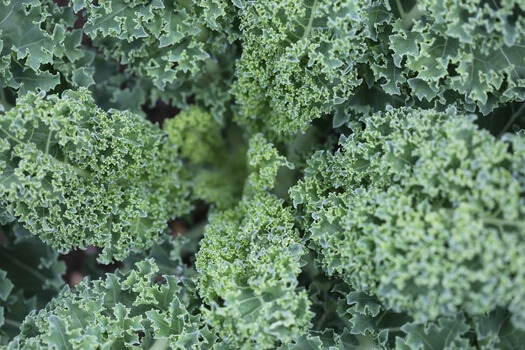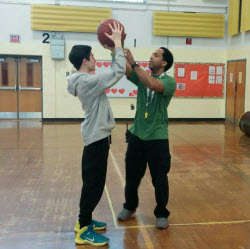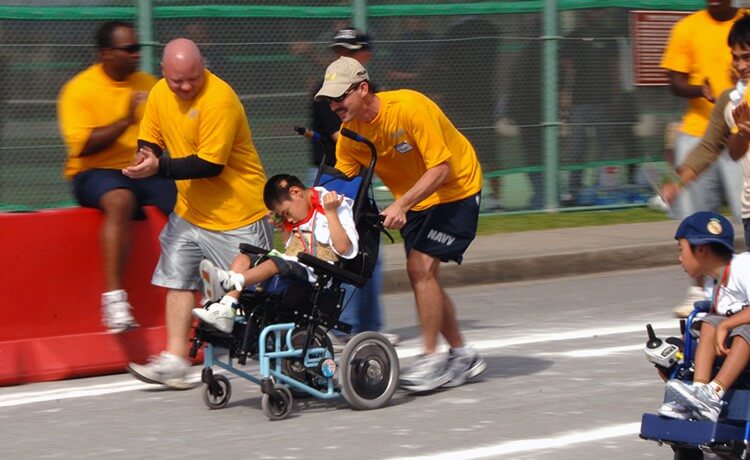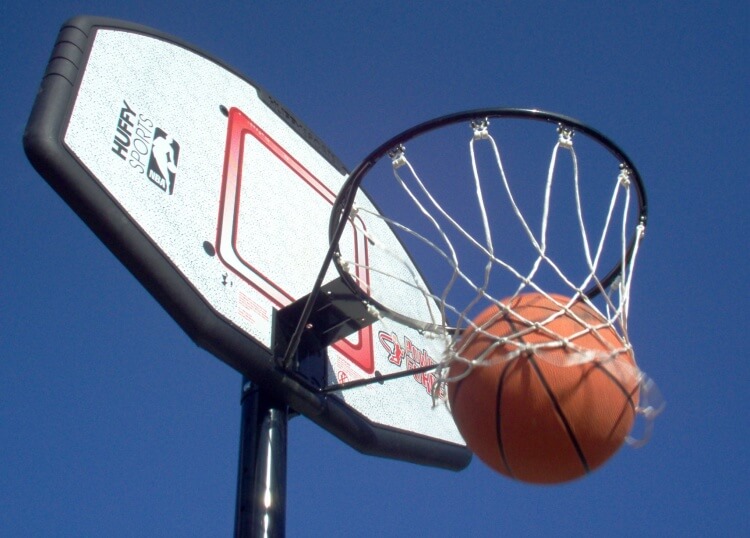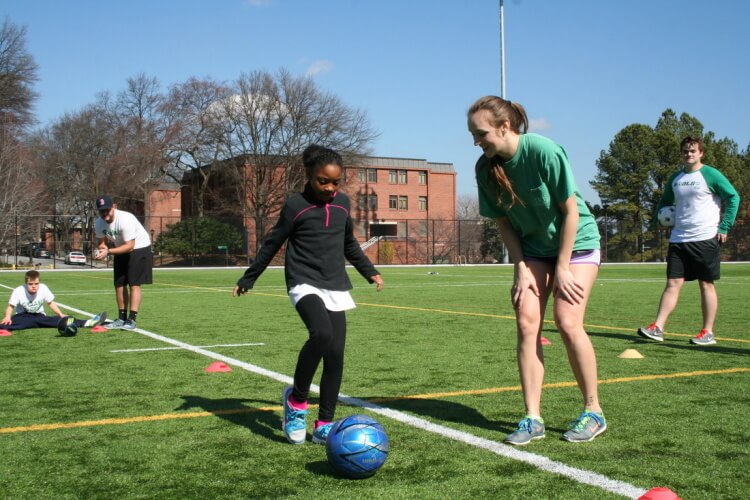In late January, Duke University Men’s Basketball Coach Mike Krzyzewski (Coach K) reached a significant career milestone, becoming the first NCAA Division I Men’s Basketball Coach to reach 1,000 wins. Attainment of 1,000 wins is a remarkable accomplishment only achieved by a handful of collegiate coaches.
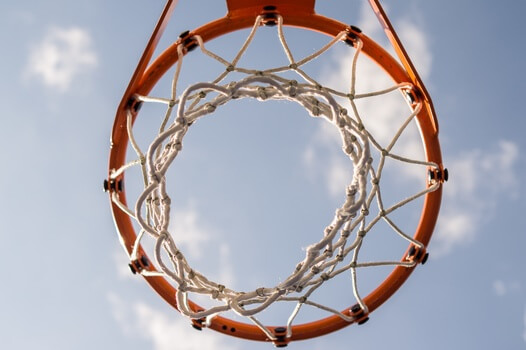
|
Harry Statham, who has coached at Division II McKendree (Lebanon, Illinois) since 1967, tops the 1,000-win list with 1,085. Danny Miles, at Oregon Tech (NAIA), is second with 1,016. Krzyzewski is next, with Herb Magee of Philadelphia University (Division II) at 998. In women’s basketball, retired Tennessee coach Pat Summitt is the all-time leader with 1,098 victories. Rutgers coach Vivian Stringer is second with 929 wins…The all-time leader for victories at any level of college basketball is 79-year-old Gene Bess, who is in his 45th season at Three Rivers Community College in Poplar Bluff, Missouri, and has a 1,203-350 record (Marcus, 2015).
|
Maybe more remarkable than the sheer number of wins is Coach K’s unrelenting quest for excellence and mastery as a coach. In coaching circles, Coach K is considered a master teacher (Wielgus, 2014). A master teacher is defined as someone that has acquired an expert level of subject knowledge and demonstrates effectiveness in sharing this information with his or her students (Kreber, 2002). As a teacher of sport, the coach acquires knowledge in skill development, game strategy, rules of the sport, etc. Through education, experience, and deliberate practice they can become more effective in their ability to teach the student-athlete (Schempp, McCullick, & Mason, 2006).
